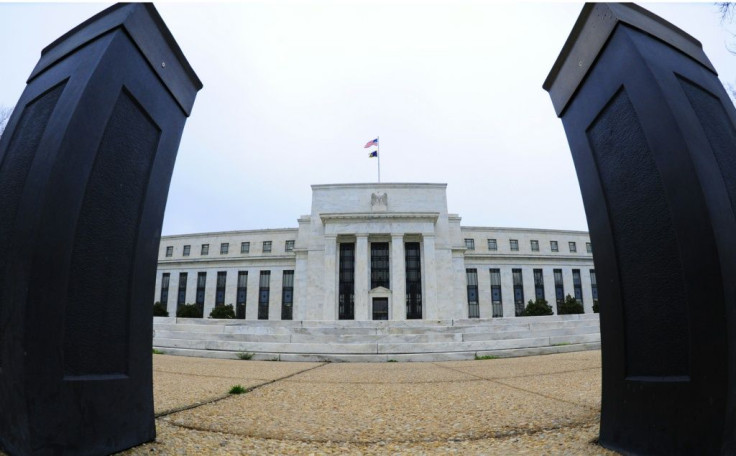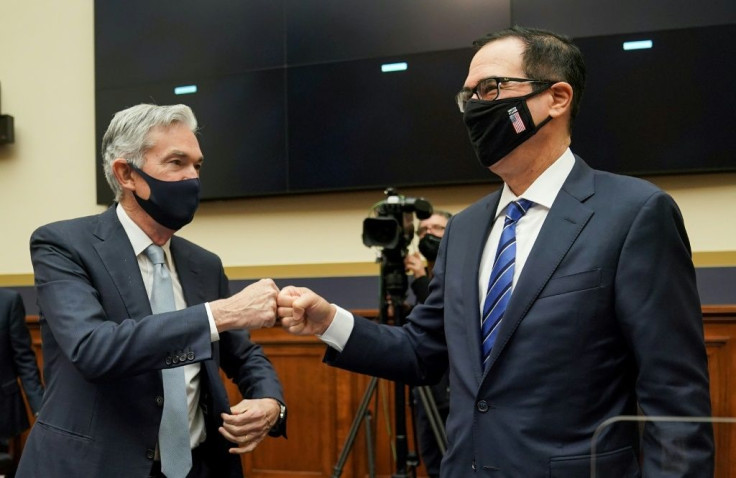Fed Sees More Signs Activity Slowing As Optimism Wanes
More US regions saw economic activity stall or slow in November as Covid-19 cases surged, and businesses were less upbeat about their prospects, the Federal Reserve said Wednesday.
The US is enduring the world's largest coronavirus outbreak, and cases have spiked above the worst days of the spring, forcing authorities in many regions to reimpose restrictions on businesses.
The Fed's "beige book" survey of economic conditions said four of 12 regions saw little or no growth, while four others saw activity begin to dip last month.
Even in some of the regions reporting growth, activity remained below pre-pandemic levels, the central bank said in the report produced about every six weeks.
While firms in most districts still have positive outlooks, "optimism has waned" amid "concerns over the recent pandemic wave, mandated restrictions (recent and prospective), and the looming expiration dates for unemployment benefits and for moratoriums on evictions and foreclosures," the report said.

The Fed said that while nearly all districts saw employment continue to rise, "for most, the pace was slow, at best, and the recovery remained incomplete."
With most schools still limiting in-person classes, the report notes that, "providing for childcare and virtual schooling needs was widely cited as a significant and growing issue for the workforce, especially for women."
The beige book report is prepared in advance of the Fed's monetary policy meetings, and the next one is scheduled for December 15-16.
The central bank slashed the benchmark lending rate back to zero early in the pandemic and has pumped trillions of dollars into the economy to help stabilize financial markets and sustain the flow of credit to businesses and households.

But Federal Reserve Chair Jerome Powell has repeatedly stressed that more government aid will be needed to sustain the recovery and help firms and families survive until the virus is brought under control.
"I like to think of it as a bridge over this chasm that was created by the pandemic," Powell told the House Financial Services Committee Wednesday.
"We're trying to get as much of the economy and as many of the workers across that bridge to the post-pandemic economy."
Without that help, many small businesses may not survive the winter, he warned.
That concern was reflected in the report, in which the Fed's Philadelphia branch noted that "the sharp rise in COVID-19 cases had disrupted economic activity, and a downward trend emerged as November began.
"The cases heightened concerns that the winter months would prove difficult, if not impossible, to survive for some firms," the report said.
US House Speaker Nancy Pelosi on Wednesday threw her support behind a $908 billion compromise relief package proposed by a bipartisan group of lawmakers on Tuesday.
However, Republican Senate Majority Leader Mitch McConnell has been holding out for a much more limited measure.
Treasury Secretary Steven Mnuchin also said he favors a more limited bill though he has not ruled out supporting the latest proposal.
hs/dw
© Copyright AFP 2024. All rights reserved.





















